The Farmlink Project’s mission is simple: to provide nutritious food to those who need it most. However, the underlying issues that make this mission necessary are much more complex. By addressing food insecurity, The Farmlink Project attempts to address a myriad of problems: racial inequities in the food system, climate change, food waste, and the struggles of farmers, to name a few. The Farmlink Project approaches these issues from a grassroots level, but the implementation of policy by federal decision-makers is critical to support the people that are so often disadvantaged within the food system.
With the swearing in of Joe Biden as the 46th President of the United States, the struggles of rural Americans and minority groups are being placed at the forefront for new policies. Before his first day in office, Biden vowed to defend the environment, support small business owners, protect farms and farmers, and aid historically disadvantaged racial groups through a series of policies that will starkly contrast those of the previous administration.
For example, Biden’s plans include the incentivization of carbon-reducing practices, which will reward farmers for curbing their emissions and eventually accomplish the goal of making America the first country to achieve net-zero emissions in its agriculture sector. Biden also promises to grant $150 billion in new capital to small businesses in economically disadvantaged areas and create the Farmland Trust, which will support underrepresented, low-income people in finding, purchasing, and maintaining farmland and diversify the supply chain. He commits to creating supply chains that will deliver food from farms to schools, hospitals, and government institutions to allow farmers to negotiate prices for their crops. Biden also guarantees that he will restore tribal lands and address climate change threats on Native lands, while also addressing the disproportionate rates of food insecurity and health disparities in Indigenous communities.
These new policies will aid people like Jewel Williams, the community leader in Georgia, who is combating the resource inequities in the Southeast that have intensified the negative effects of food insecurity and COVID-19 on her community. They will also assist Pierre Sleiman Jr., the entrepreneur whose company, Go Green Agriculture, uses sustainable practices to grow crops in areas that are not suited to traditional growing methods. They will benefit the Place family of Hidden Pastures Goat Dairy in New York, whose supply chain was devastated by the pandemic and who, before connecting with The Farmlink Project, threw away 95 percent of the goat milk they produced every day. Similarly, they will help Gwendena Lee Gatewood, Chairwoman of the White Mountain Apache Tribe in Arizona, who facilitated mask drives and food deliveries to members of her tribe, which was the hardest hit of any Indigenous nation by COVID-19 and often lacks access to clean water and healthy food.
The Farmlink Project feels incredibly lucky to work alongside such resourceful and passionate leaders who are so committed to protecting their communities. As the food industry battles the challenges that have been exacerbated by the COVID-19 pandemic, the new presidential administration needs to live up to their promises to aid these people and rebuild the food system so that one day, organizations like The Farmlink Project no longer need to exist. There is still plenty of work to be done; although no one policy will fix the holes in the American food system, these policies are a step in the right direction to ensure that those who have struggled under the inequities of the food system are supported and empowered to thrive under the new administration and hopefully for many generations to come.
< Back
The Farmlink Project’s mission is simple: to provide nutritious food to those who need it most. However, the underlying issues that make this mission necessary are much more complex. By addressing food insecurity, The Farmlink Project attempts to address a myriad of problems: racial inequities in the food system, climate change, food waste, and the struggles of farmers, to name a few. The Farmlink Project approaches these issues from a grassroots level, but the implementation of policy by federal decision-makers is critical to support the people that are so often disadvantaged within the food system.
With the swearing in of Joe Biden as the 46th President of the United States, the struggles of rural Americans and minority groups are being placed at the forefront for new policies. Before his first day in office, Biden vowed to defend the environment, support small business owners, protect farms and farmers, and aid historically disadvantaged racial groups through a series of policies that will starkly contrast those of the previous administration.
For example, Biden’s plans include the incentivization of carbon-reducing practices, which will reward farmers for curbing their emissions and eventually accomplish the goal of making America the first country to achieve net-zero emissions in its agriculture sector. Biden also promises to grant $150 billion in new capital to small businesses in economically disadvantaged areas and create the Farmland Trust, which will support underrepresented, low-income people in finding, purchasing, and maintaining farmland and diversify the supply chain. He commits to creating supply chains that will deliver food from farms to schools, hospitals, and government institutions to allow farmers to negotiate prices for their crops. Biden also guarantees that he will restore tribal lands and address climate change threats on Native lands, while also addressing the disproportionate rates of food insecurity and health disparities in Indigenous communities.
These new policies will aid people like Jewel Williams, the community leader in Georgia, who is combating the resource inequities in the Southeast that have intensified the negative effects of food insecurity and COVID-19 on her community. They will also assist Pierre Sleiman Jr., the entrepreneur whose company, Go Green Agriculture, uses sustainable practices to grow crops in areas that are not suited to traditional growing methods. They will benefit the Place family of Hidden Pastures Goat Dairy in New York, whose supply chain was devastated by the pandemic and who, before connecting with The Farmlink Project, threw away 95 percent of the goat milk they produced every day. Similarly, they will help Gwendena Lee Gatewood, Chairwoman of the White Mountain Apache Tribe in Arizona, who facilitated mask drives and food deliveries to members of her tribe, which was the hardest hit of any Indigenous nation by COVID-19 and often lacks access to clean water and healthy food.
The Farmlink Project feels incredibly lucky to work alongside such resourceful and passionate leaders who are so committed to protecting their communities. As the food industry battles the challenges that have been exacerbated by the COVID-19 pandemic, the new presidential administration needs to live up to their promises to aid these people and rebuild the food system so that one day, organizations like The Farmlink Project no longer need to exist. There is still plenty of work to be done; although no one policy will fix the holes in the American food system, these policies are a step in the right direction to ensure that those who have struggled under the inequities of the food system are supported and empowered to thrive under the new administration and hopefully for many generations to come.
President Biden’s Plans for the American Food System
The Farmlink Project’s mission is simple: to provide nutritious food to those who need it most. However, the underlying issues that make this mission necessary are much more complex. By addressing food insecurity, The Farmlink Project attempts to address a myriad of problems: racial inequities in the food system, climate change, food waste, and the struggles of farmers, to name a few. The Farmlink Project approaches these issues from a grassroots level, but the implementation of policy by federal decision-makers is critical to support the people that are so often disadvantaged within the food system.
With the swearing in of Joe Biden as the 46th President of the United States, the struggles of rural Americans and minority groups are being placed at the forefront for new policies. Before his first day in office, Biden vowed to defend the environment, support small business owners, protect farms and farmers, and aid historically disadvantaged racial groups through a series of policies that will starkly contrast those of the previous administration.
For example, Biden’s plans include the incentivization of carbon-reducing practices, which will reward farmers for curbing their emissions and eventually accomplish the goal of making America the first country to achieve net-zero emissions in its agriculture sector. Biden also promises to grant $150 billion in new capital to small businesses in economically disadvantaged areas and create the Farmland Trust, which will support underrepresented, low-income people in finding, purchasing, and maintaining farmland and diversify the supply chain. He commits to creating supply chains that will deliver food from farms to schools, hospitals, and government institutions to allow farmers to negotiate prices for their crops. Biden also guarantees that he will restore tribal lands and address climate change threats on Native lands, while also addressing the disproportionate rates of food insecurity and health disparities in Indigenous communities.
These new policies will aid people like Jewel Williams, the community leader in Georgia, who is combating the resource inequities in the Southeast that have intensified the negative effects of food insecurity and COVID-19 on her community. They will also assist Pierre Sleiman Jr., the entrepreneur whose company, Go Green Agriculture, uses sustainable practices to grow crops in areas that are not suited to traditional growing methods. They will benefit the Place family of Hidden Pastures Goat Dairy in New York, whose supply chain was devastated by the pandemic and who, before connecting with The Farmlink Project, threw away 95 percent of the goat milk they produced every day. Similarly, they will help Gwendena Lee Gatewood, Chairwoman of the White Mountain Apache Tribe in Arizona, who facilitated mask drives and food deliveries to members of her tribe, which was the hardest hit of any Indigenous nation by COVID-19 and often lacks access to clean water and healthy food.
The Farmlink Project feels incredibly lucky to work alongside such resourceful and passionate leaders who are so committed to protecting their communities. As the food industry battles the challenges that have been exacerbated by the COVID-19 pandemic, the new presidential administration needs to live up to their promises to aid these people and rebuild the food system so that one day, organizations like The Farmlink Project no longer need to exist. There is still plenty of work to be done; although no one policy will fix the holes in the American food system, these policies are a step in the right direction to ensure that those who have struggled under the inequities of the food system are supported and empowered to thrive under the new administration and hopefully for many generations to come.
.png)
.png)

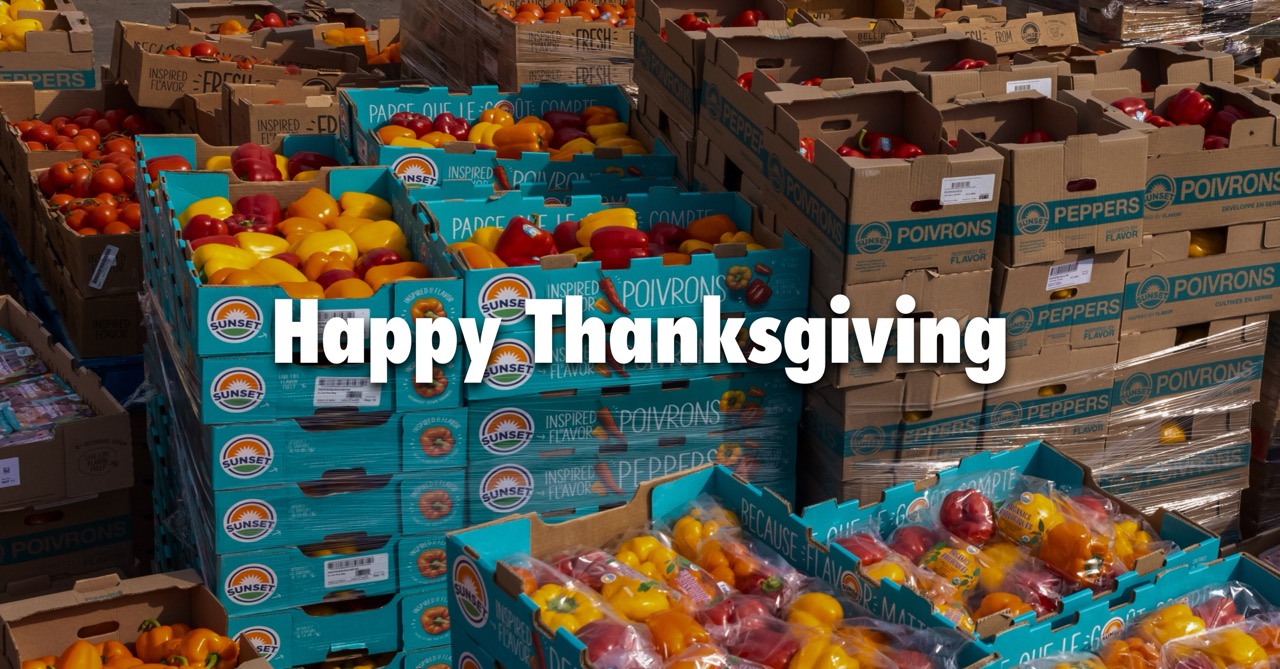
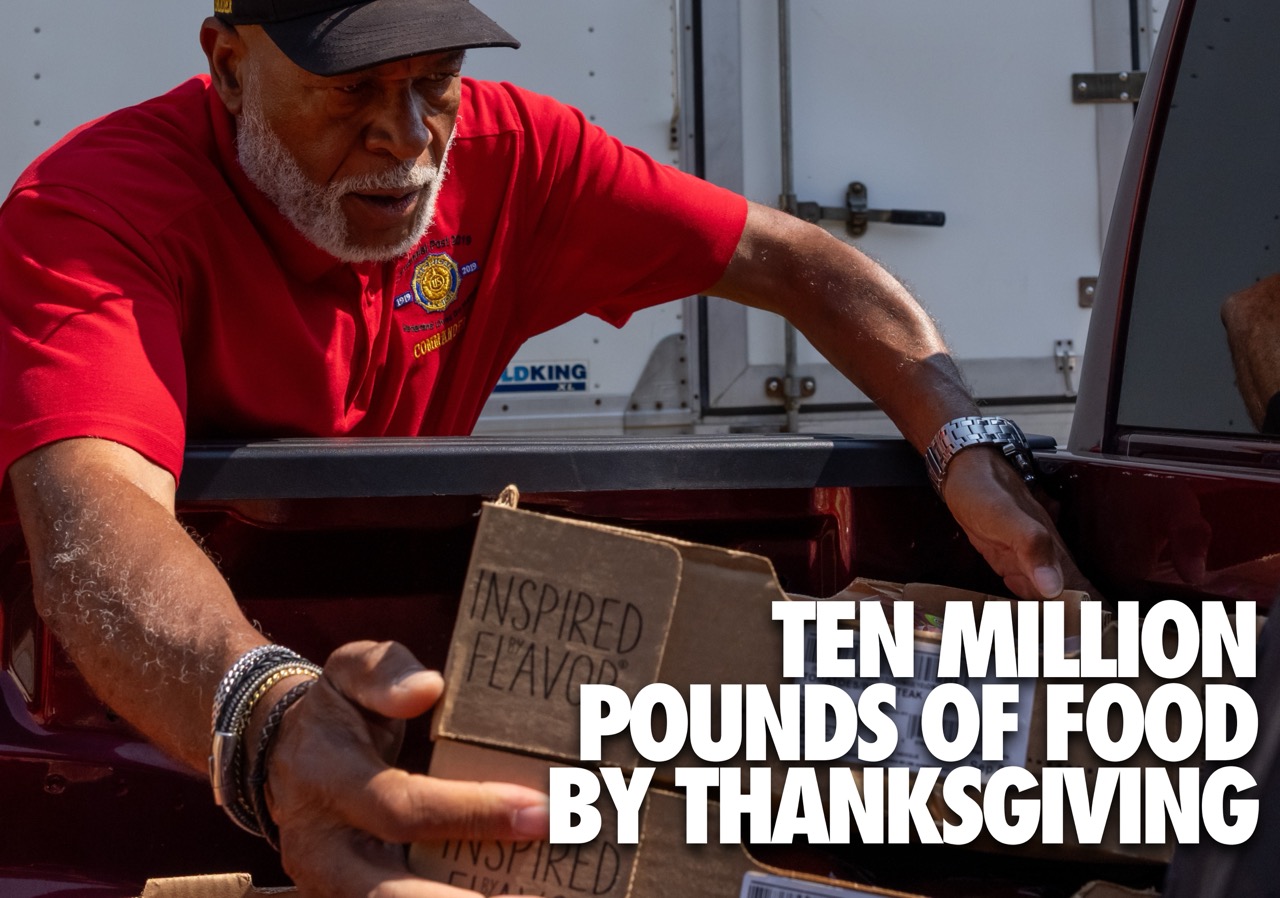
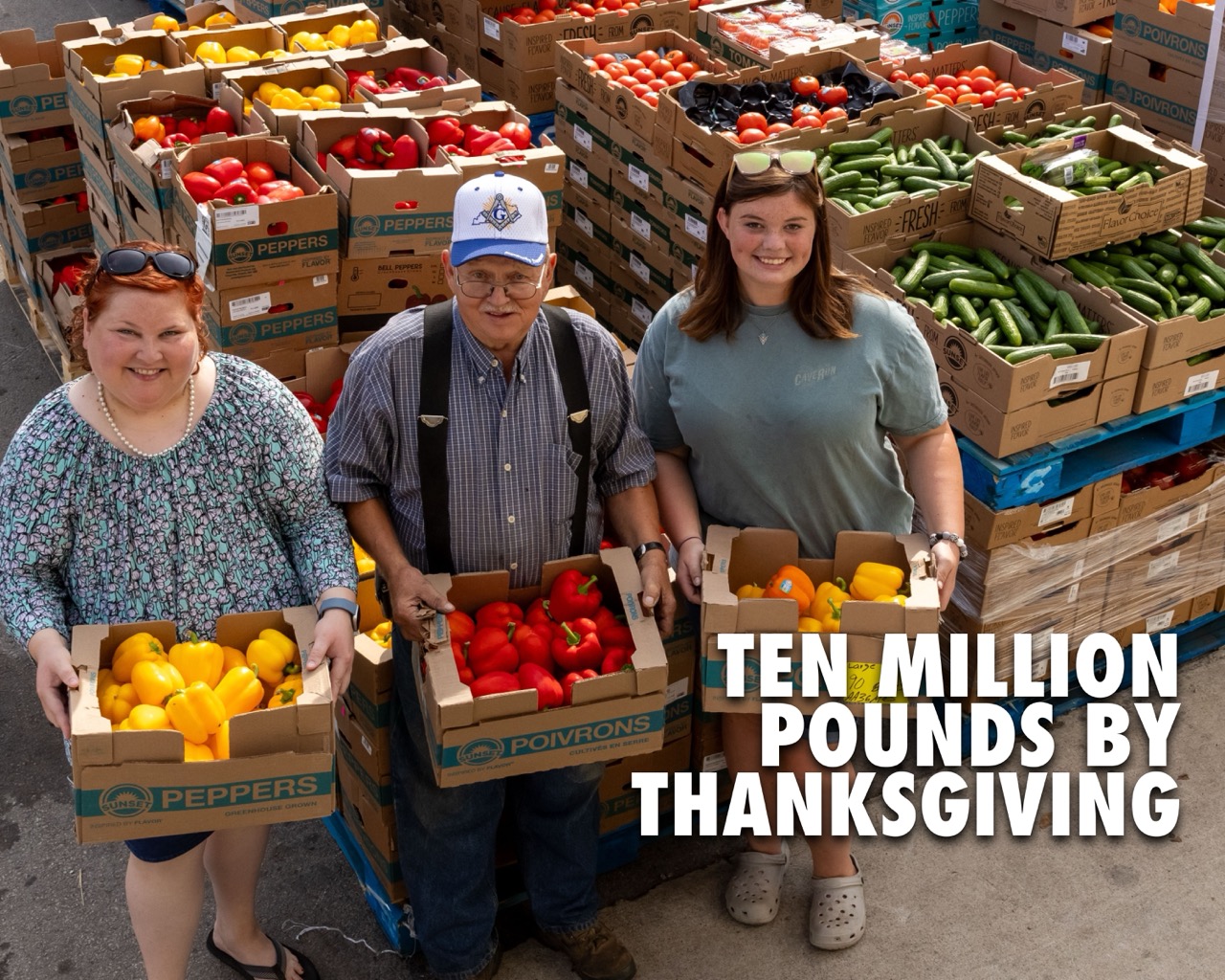
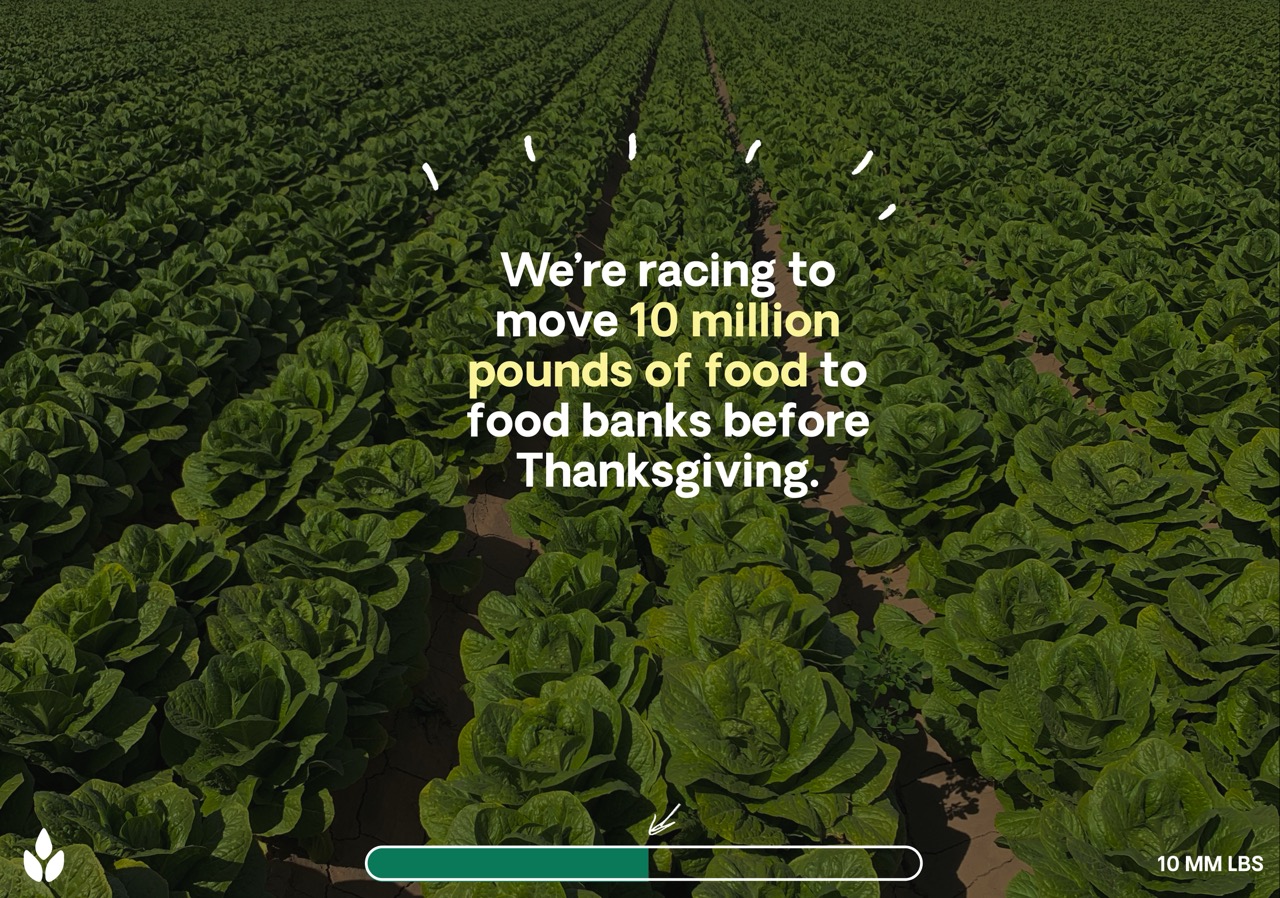
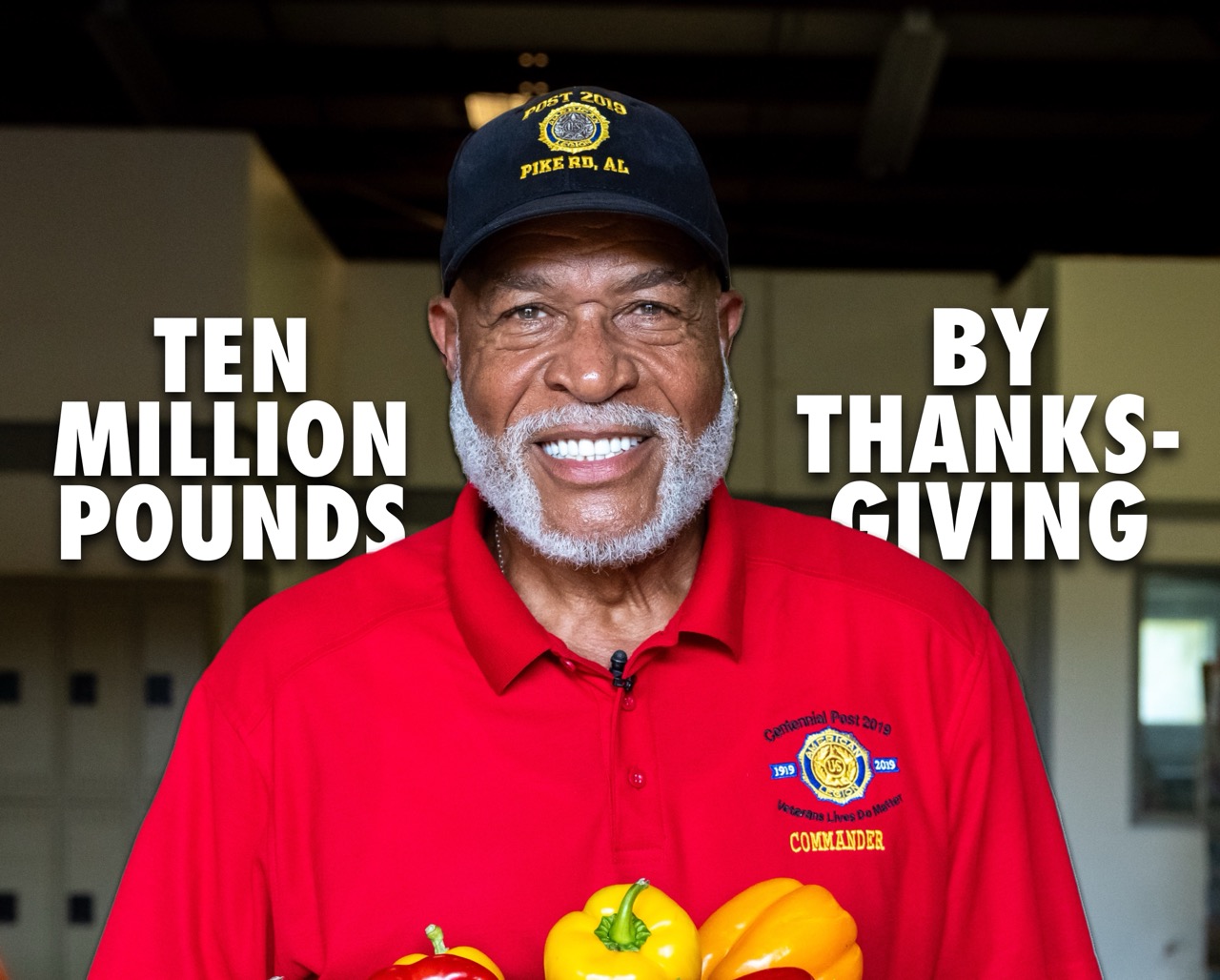
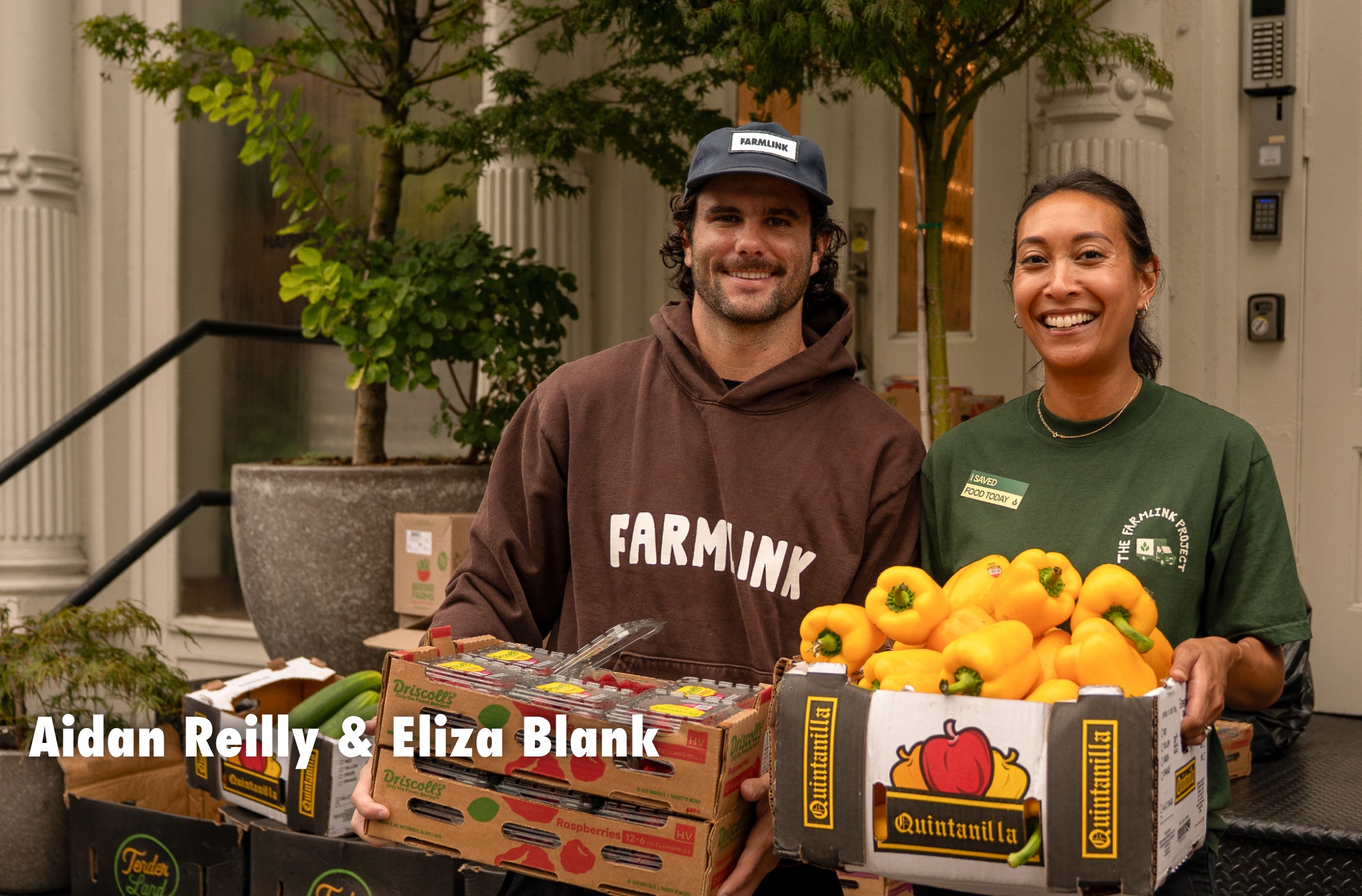
.svg)
.svg)
.svg)